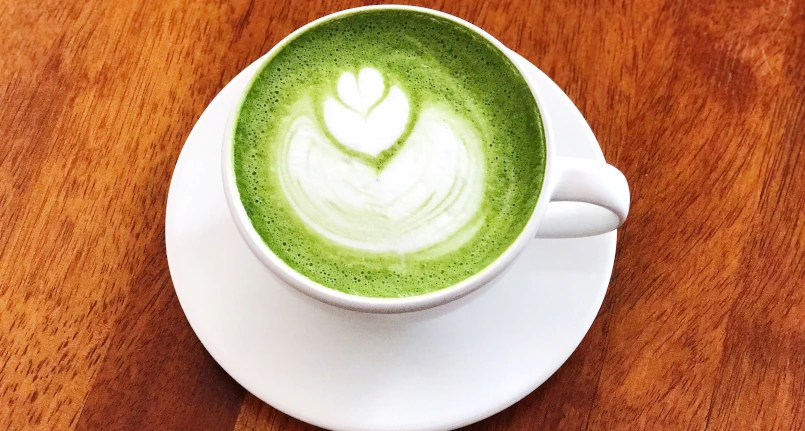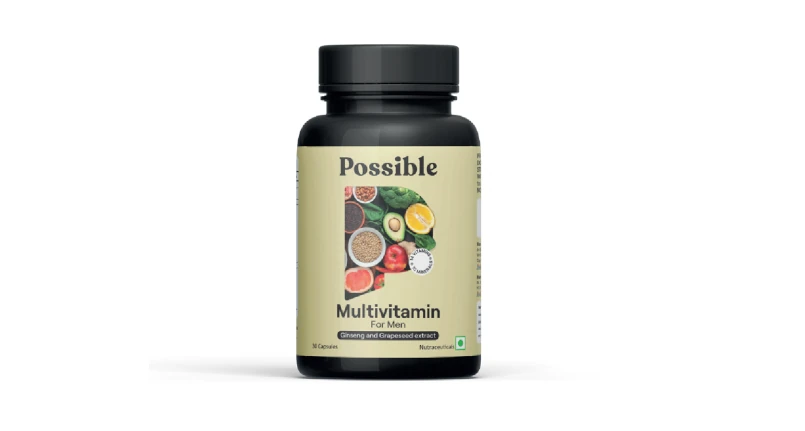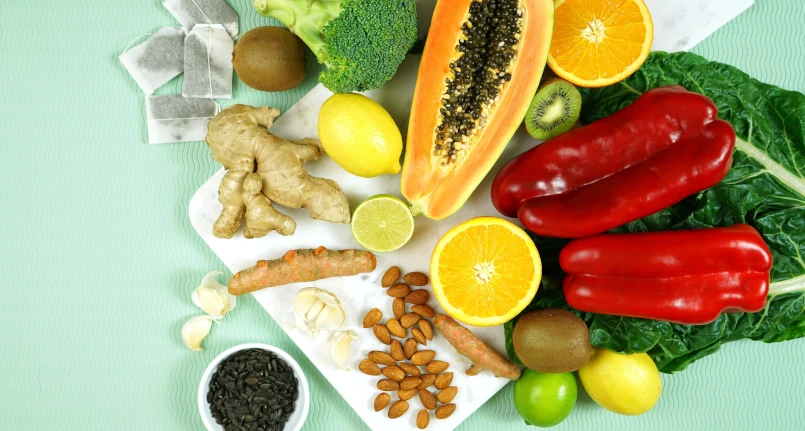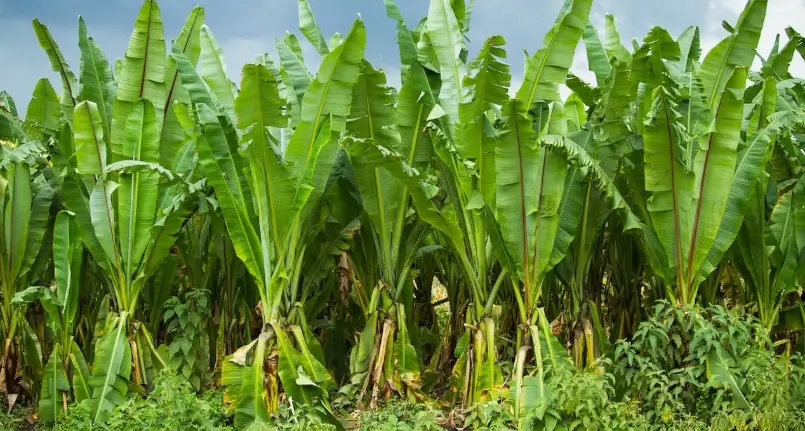Coffee is one of the most popular drinks in the world, while matcha is a Japanese green tea powder that has become popular especially in recent years. Both are usually drunk in the morning for breakfast or during the day as a pleasure break. Although apparently similar, they have differences that it is essential to know before choosing which one to taste.
Comparison of nutritional elements
Both coffee and matcha tea contain minimal calories when drunk without added ingredients such as milk , sugar , cream or flavored syrups.
To prepare a standard cup of matcha tea, mix one teaspoon (about 2 grams) of powder with 60 ml of hot water. Even coffee is typically prepared by adding hot water to it, whatever type of processing you choose.
In a 240 ml cup of coffee and in a 60 ml cup of matcha tea there are:
- Calories 2 – 5
- Carbohydrates 0 – 1 gr
- Sugar 0 – 0 gr
- Fibers 0 – 0 gr
- Proteins 0.3 – 1 gr
- Fats 0.5 g – 0 g
Furthermore, coffee contains about 96 mg of caffeine per cup , while matcha tea contains 19-44 mg per gram, equal to 38-88 mg per 60 ml serving .
Both drinks have a bitter taste , slightly grassy in the case of matcha tea, toasted in that of coffee.
Common benefits
Both coffee and matcha tea are known for their multiple positive health effects, some of which are shared.
They can help you lose weight
The caffeine, in both beverages, may aid in weight loss by activating brown adipose tissue and increasing energy expenditure and fat oxidation .
Additionally, coffee contains chlorogenic acid (CGA) and matcha is rich in epigallocatechin gallate (EGCG) , both of which are also known for their ability to promote weight loss .
They have antioxidant properties
Antioxidants are beneficial compounds that mitigate the harmful effects of oxidative stress in the body, which can lead to the onset and progression of various diseases, including cancer .
Some of the most powerful antioxidants are polyphenols , found in fruits, vegetables , coffee and tea. EGCG and CGA are the major components of green tea and coffee polyphenols, respectively .
In addition, matcha is rich in rutin , vitamin C and chlorophyll , which gives it its characteristic green color, and coffee contains cafestol and kahweol, all of which also have antioxidant properties .
Another antioxidant drink is red sage tea .
They improve heart health
Various compounds found in matcha tea and coffee may help reduce multiple heart disease risk factors . Polyphenols, for example, promote relaxation of blood vessels , helping to reduce high blood pressure , and EGCG found in green tea can lower blood pressure and reduce total and LDL (bad) cholesterol and triglyceride levels , blocking the absorption of fats from the intestine .
Other shared benefits
The caffeine in both drinks and the L- theanine and EGCG in matcha can improve mood, attention, memory and reaction time . Additionally, drinking green tea and coffee, even within the maximum allowable amounts, can lead to a lower risk of liver disease , liver cirrhosis , and fibrosis .
Main differences
Both drinks are known for instilling an energy boost , but they do it differently. Coffee generates this benefit almost instantly , immediately reducing sleepiness and fatigue because the body quickly absorbs up to 99% of its caffeine. Once absorbed, caffeine can cross the brain barrier and block adenosine receptors that promote sleep , helping to keep you awake.
Although matcha tea also contains caffeine, its effect on the body is slower . L-theanine, present in it, is an amino acid from the green tea plant that can reduce stress by increasing alpha waves in the brain . Like caffeine, it crosses the brain barrier and can reach peak concentration levels in 30 minutes.
Pros and cons
Beyond personal preferences, matcha coffee and tea have pros and cons to consider before choosing them.
Pros of matcha tea
Promotes relaxation .
Improve oral health .
It’s easy to do, as to prepare it you just add hot water to the matcha powder and mix.
Cons of matcha tea
Although prices vary according to quality, it is generally more expensive than coffee.
Being obtained from pulverized green tea leaves, there is a risk that these are contaminated with heavy metals such as lead and arsenic .
Coffee pros
Although it depends a lot on the quality you choose, coffee is usually cheaper than matcha tea.
Both caffeine and decaffeinated can improve markers of type 2 diabetes and reduce its incidence by up to 12% for every 2 cups consumed per day.
It is easier to find commercially.
Cons of coffee
It can be addictive , mainly due to caffeine, a stimulant that stimulates the central nervous system .
If drunk in excess it can promote insomnia , nervousness , increased heart rate , headaches and anxiety .




